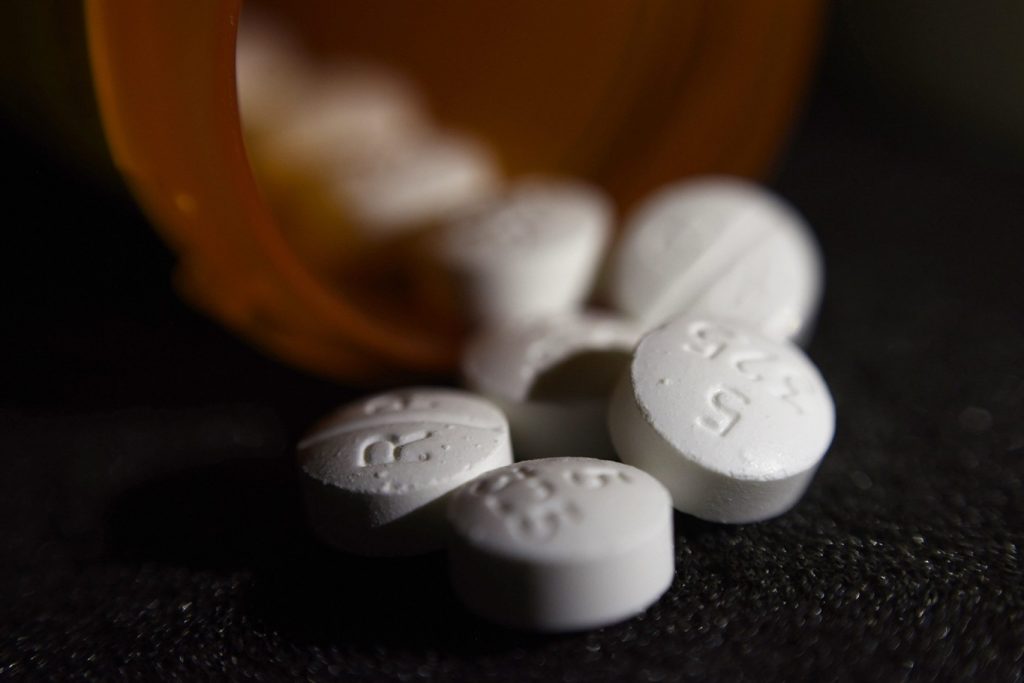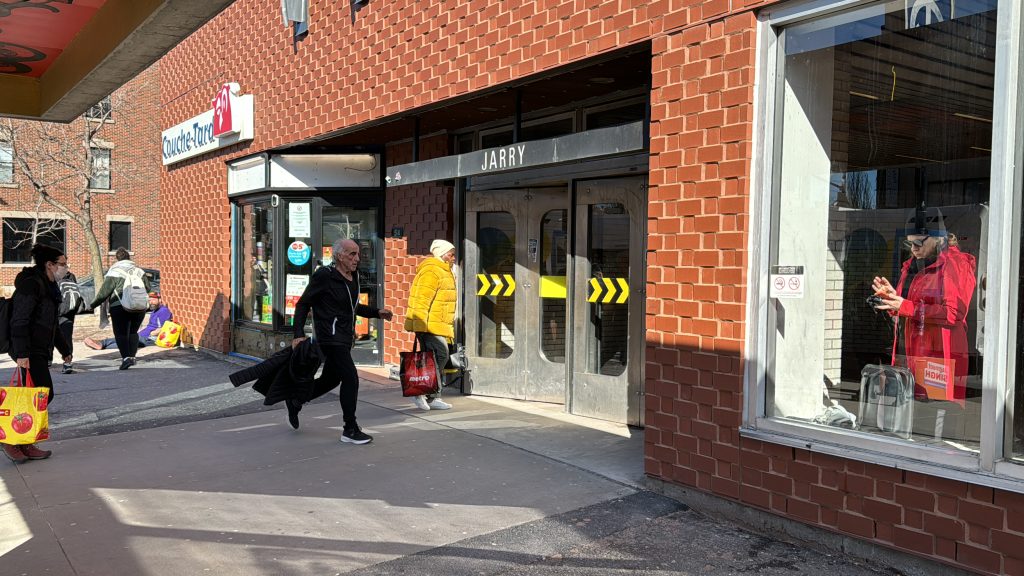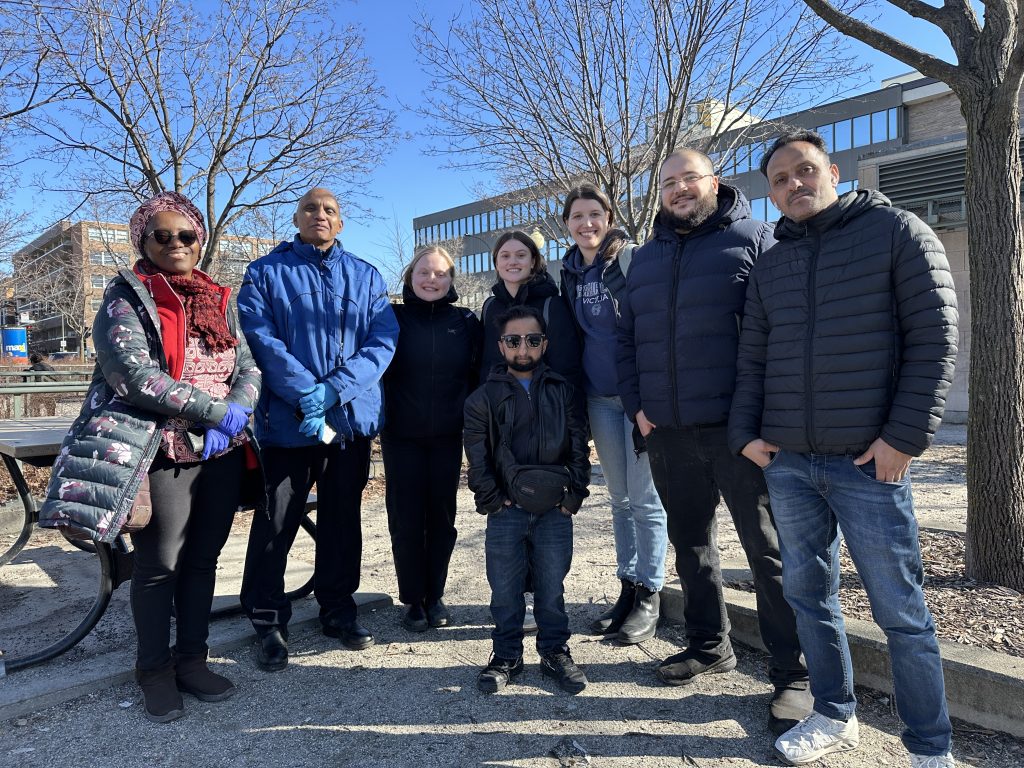Montreal opioid-related overdoses worsening: advocates

Posted July 6, 2023 11:57 am.
Last Updated July 6, 2023 11:58 am.
Public health authorities have been closely monitoring the evolution of the country’s “overdose crisis” since 2016. Yet, the phenomenon continues to claim victims, and advocates say the situation is worsening in Montreal.
Speaking to The Canadian Press on Tuesday, Annie Aubertin, executive director of the Spectre de rue organization, explains that she has had to deal with one to two overdoses a day in her supervised consumption service over the past week.
“Normally, we don’t have an overdose a day at our place. We have one or two a week,” she says. The Ontario street location welcomes injection drug users from 8:30 a.m. to 4:30 p.m., seven days a week.
The same is true of CACTUS Montréal, which welcomes clients at night, between 2 p.m. and 2 a.m. An average of “two overdoses per day” are reported, according to general manager Jean-François Mary.
In addition to on-site overdoses, workers are also forced to act directly on the street or in parks with users using the safe equipment provided by these organizations.
“If it’s possible to increase a crisis, well, it’s increased,” says Aubertin.
Montreal Public Health (DRSP) recognizes the scope of the problem. Dr. Carole Morissette, medical advisor on the prevention of STIs and the reduction of drug-related harm, affirms that “since the pandemic, the illicit market is extremely unstable and dangerous”.
As a result, organizations working in the field have begun to offer substance analysis services to further prevent adverse reactions.
According to Annie Aubertin, the growing popularity of these new tools reflects drug users’ growing distrust and concern about the products on the market.
Lack of resources
In a recent public statement, the CIUSS du Centre-Sud-de-l’Île-de-Montréal nurses’ union denounced the lack of medical staff in supervised consumption services. This reality has been confirmed by community organizations.
While the presence of nurses is not essential to the operation of SCSs, since staff are trained to intervene in the event of a problem, their medical expertise is greatly appreciated.
When an overdose occurs, in particular, the presence of a care professional has a “reassuring” effect on the team in place, notes Aubertin.
The CIUSSS is working hard to complete its team of nurses dedicated to SCS. With the pandemic and the shortage of manpower in the network, recruiting and retaining qualified personnel remains a major challenge.
But beyond this collaboration, the community sector is above all pleading for adequate funding and better recognition of its support and prevention work with a vulnerable clientele.
“We’re in an opioid crisis for real. We’re in an overdose crisis for real. And all the while, we have to fight for funding,” says Aubertin. But when people fart, it’s in our hands.”
The CEO of Spectre de rue compares the small network of supervised sites to “mini-emergencies”. An image that echoes Dr. Morissette’s statement that, since 2020, there has been a five-fold increase in the number of cases requiring emergency intervention.
The number of emergency interventions in SCSs has risen from an average of 9.3 interventions per month in 2019-2020 to 49 interventions per month in 2022-2023, according to DRSP data.
Dr. Morissette points out that the competence of the organizations prevents many deaths, as well as a large number of ambulance transports and visits to hospital emergency units.
This report by The Canadian Press was first published in French on July 6, 2023, and translated by CityNews.
The Canadian Press health content receives funding through a partnership with the Canadian Medical Association. The Canadian Press is solely responsible for editorial choices.








